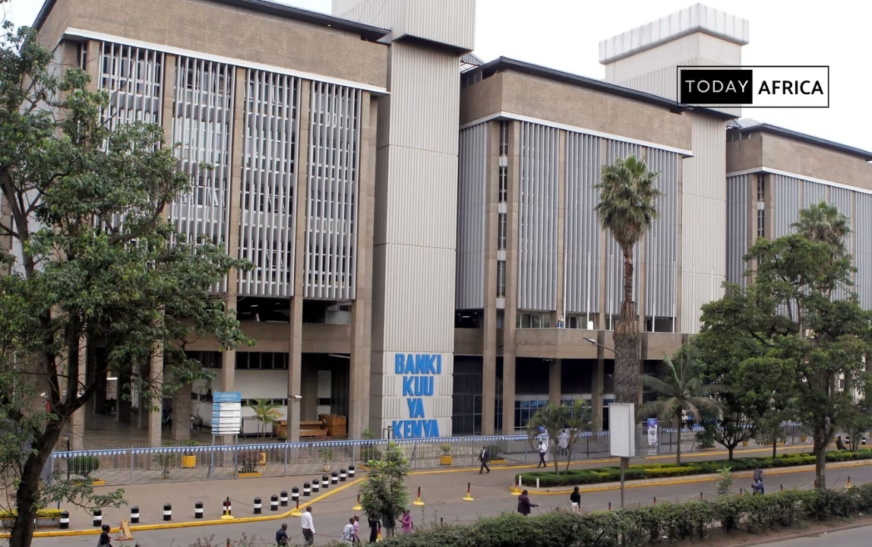Central Bank of Kenya sets 18-month deadline for banks to start disclosing the environmental impact of the businesses and projects they finance.
The move is part of the regulator’s efforts to clean up sustainability claims in Kenya’s banking sector and a crackdown on greenwashing—a growing concern as more banks and companies rush to brand themselves as environmentally responsible.
CBK has issued Kenya Green Finance Taxonomy (KGFT), a classification system that identifies what qualifies as “green” under local and international climate standards.
The new rules will require lenders to publicly disclose their exposure to climate-related risks, including investments in sectors with high greenhouse gas emissions.
The idea is to move capital away from businesses that worsen the climate crisis and toward those that support low-carbon, climate-resilient investments.
The 18-month transition period will be a grace window and a testing ground for all commercial banks to build internal capacity, train risk teams, and integrate climate screening into their credit assessment models.
“The KGFT, which will be a live document subject to periodic updates, initially focuses on climate change mitigation and adaptation as its objectives,” the regulator said. “Other environmental objectives, such as biodiversity and related objectives, will be considered in future updates.”
The announcement signals a significant shift. Climate risk will now be treated as a material financial risk, not just a reputational issue. CBK said the taxonomy is meant to give banks a clear, standard language for identifying climate-friendly investments and flagging the ones that are not.
Read Also: Mafab misses Q1 5G rollout deadline despite December promises
In recent years, “green” has become one of the most overused words in financial reporting. Globally, investors and regulators have grown wary of the rise in ESG-labelled products without evidence to back their bold environmental claims.
The regulator said the transition period will open a window to engage with banks before a mandatory rollout in late 2026.
“The transition period will also facilitate further engagement between Central Bank of Kenya and the banking industry on any changes deemed necessary to facilitate smooth implementation of KGFT,” CBK said.
The new rules will likely cut the future financing of sectors like oil and gas, mining, and large-scale agribusiness. However, it could help banks win climate-conscious investors and tap into the growing market for green bonds and climate-aligned lending.
Comment and follow us on social media for more tips:
- Facebook: Today Africa
- Instagram: Today Africa
- Twitter: Today Africa
- LinkedIn: Today Africa
- YouTube: Today Africa Studio
















